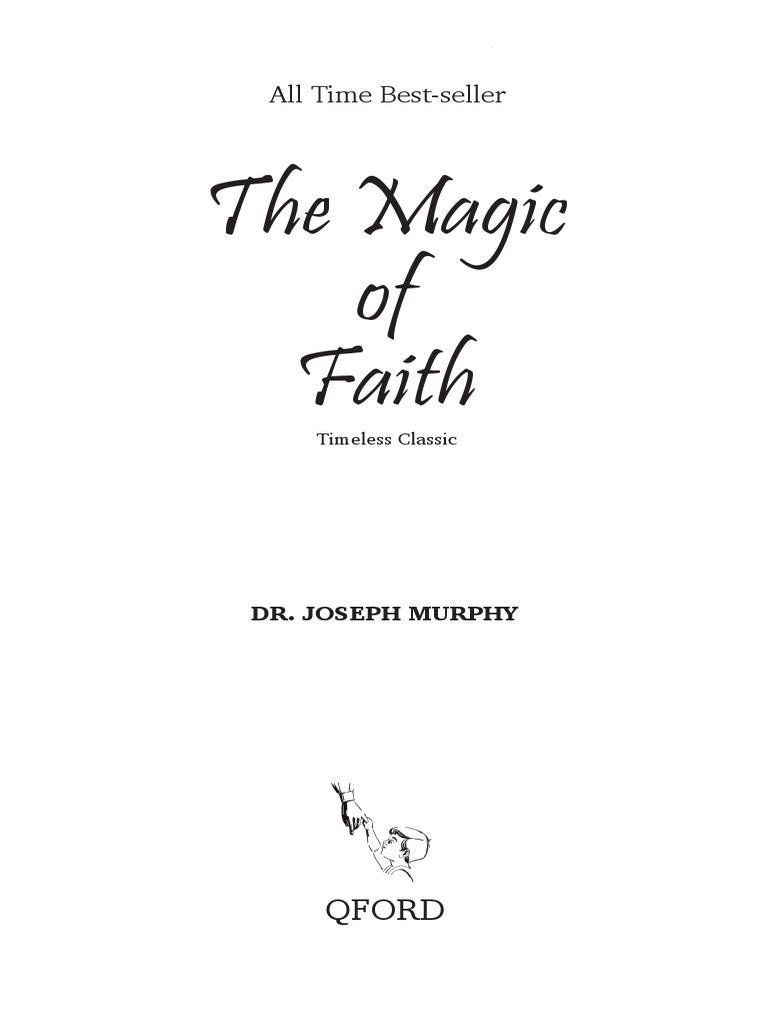The exploration of Bahá’í teachings reveals a profound connection between faith, reality, and intuition, wherein lies an enchanting interstice where wonder flourishes. At the core of this understanding is the notion of “Magic Reality,” a concept that reverberates with the potential to reformulate our lenses through which we perceive existence. By integrating Bahá’í principles, adherents can reformulate their lives, fostering not just personal transformation, but an elevation of collective consciousness towards a more harmonious and enlightened society.
In this context, it is essential to unravel the tenets of Bahá’í belief that underscore the potency of faith and insight. These teachings are not merely abstract concepts; they manifest as actionable principles that invigorate human existence with purpose and meaning. Through the lens of “Magic Reality,” one can begin to discern how intuition serves as a sacred compass guiding the heart and mind towards transcendent truths.
The first pillar of this exploration emphasizes the innate power of faith as the cornerstone of human experience. Faith is not an ephemeral sentiment; it is a dynamic, empowering force that enables individuals to surmount adversities and engage with the world around them more profoundly. In Bahá’í teachings, faith is articulated as an unwavering trust in the divine, which harmonizes the material and the spiritual realms. Such a paradigm shift invites believers to consider their intrinsic capacity for wonder and curiosity, igniting a transformative journey into the depths of their own consciousness.
The interplay between faith and reality is further illuminated through the Bahá’í principle of the oneness of humanity. This teaching posits that all individuals, regardless of their racial, ethnic, or cultural backgrounds, are interconnected. In recognizing this unity, believers are encouraged to cultivate a broader perspective, fostering empathy and compassion. This shift away from isolationism and divisiveness towards a more inclusive vision can be viewed as a manifestation of “Magic Reality,” sparking a renewed sense of wonder in the shared human experience.
As one delves deeper into this exploration, intuition emerges as a vital component, serving as a bridge that connects the material world with spiritual insights. Unlike mere instinct, intuition embodies a holistic understanding that transcends the rational mind. Bahá’í teachings advocate for the development of this inner capacity, suggesting that individuals can harness intuitively driven insights to navigate life’s complexities with grace and ease. When coupled with faith, intuition becomes a formidable ally, illuminating the path towards self-discovery and enlightenment.
The recognition of intuition as a divine gift challenges conventional paradigms and beckons believers to cultivate their spiritual faculties. Practicing prayer, meditation, and contemplative reflection strengthens one’s ability to access this innate wisdom. Thus, believers embark on a journey not merely of intellectual pursuit but of profound spiritual exploration. The synergy of faith and intuition creates an extraordinary alchemy, unlocking potentials that lie dormant within each person.
Furthermore, the element of wonder is an indispensable aspect of this journey. It is the catalyst that ignites curiosity and creativity. Within Bahá’í teachings, wonder is associated with the contemplation of existence, the marvel of creation, and the discovery of truths that resonate beyond the surface. The concept of “Magic Reality” invites adherents to embrace this sense of wonder, transforming the mundane into the extraordinary. Such an outlook encourages a playful engagement with life, where every experience, regardless of its nature, becomes a stepping stone toward spiritual maturation.
Acknowledging that the juxtaposition of faith, reality, and intuition is often met with skepticism is crucial. The modern world is rife with materialistic paradigms that often overshadow spiritual insights. However, Bahá’í teachings call upon followers to challenge these prevalent narratives, advocating for a balanced approach that honors both the rational and the spiritual. By integrating scientific knowledge with spiritual truths, believers can cultivate a panoramic worldview that transcends binary oppositions, fostering a sense of wonder that transcends simple dualities.
The implications of embracing such a philosophy are far-reaching. As individuals align themselves more closely with Bahá’í principles, they inevitably forge a pathway towards collective transformation. The recognition that every thought, word, and action reverberates through the collective consciousness can engender a heightened sense of responsibility towards humanity and the environment alike. This conscientious engagement transforms the individual experience into a collective journey toward unity, justice, and harmony.
In conclusion, the confluence of faith, reality, and intuition as articulated in Bahá’í teachings elucidates a transformative understanding of the human experience. By cultivating a mindset that embraces wonder and curiosity, individuals can rediscover the “Magic Reality” inherent in life. This philosophy not only invites personal evolution but also positions itself as a beacon of hope for the collective. In a world often characterized by fragmentation, the principles of Bahá’í faith encourage a holistic integration of spirituality, fostering an environment where faith meets wonder—a realm where transformative possibilities abound.
